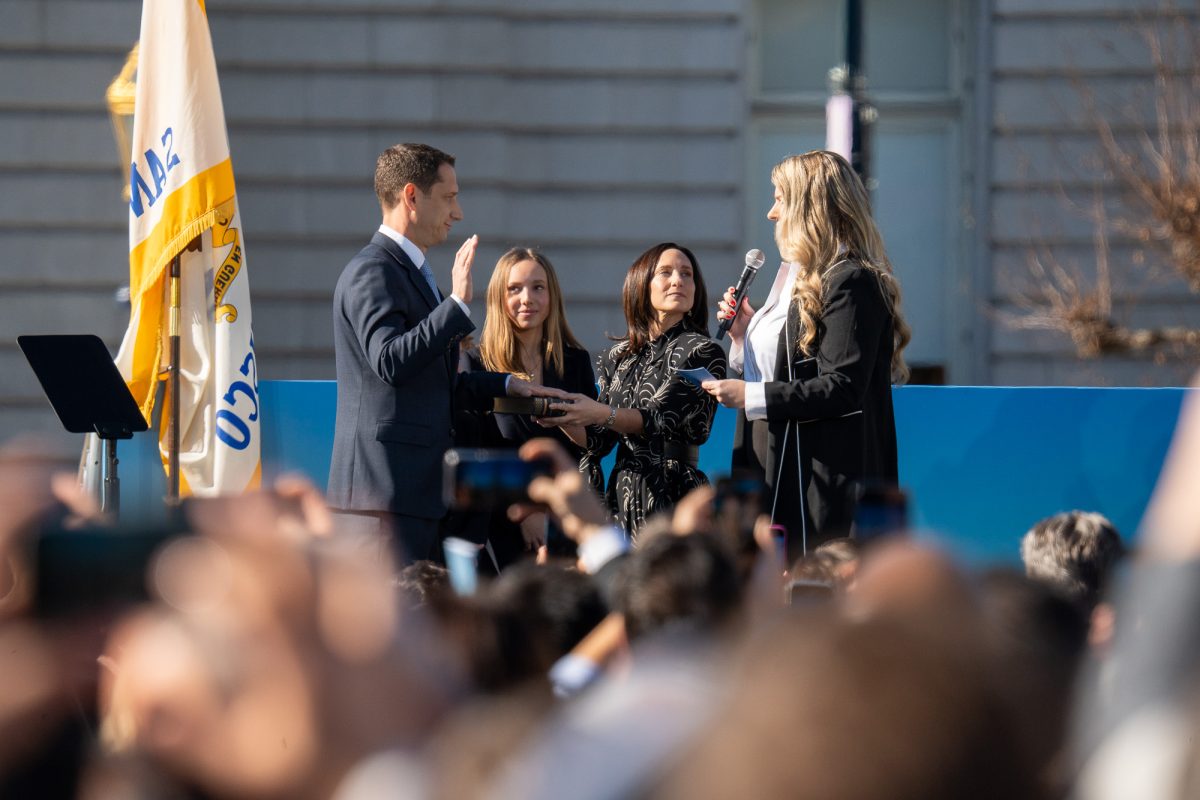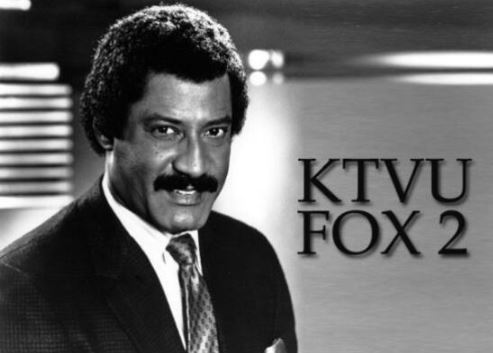As Americans celebrate Black History Month, focusing on African American achievements, Black newspapers are sometimes forgotten – or even completely unknown – but they have existed since 1827.

From writing the events that shine a light on the racism and inequality towards Black Americans, to discussing their outstanding accomplishments, traditionally Black newspapers have paved the way for African Americans to have a voice in democracy and educate those inside and outside their communities.
“Words can’t fathom the amount of joy it is to learn something new in Black history. Black newspapers I feel is the way to stay informed with racial injustices, be informed within our own community,” Campus Safety team member LeVander Brown said.
The first ever Black newspaper was Freedom’s Journal in 1827. It was a first in Black history that African Americans could finally read a Black owned newspaper about the realities of unjust dilemmas in their neighborhoods and beyond. By acknowledging the first Black Newspaper, it encouraged other journalists to step up and create their own newspapers.
Malcolm Jones-Smith ’25, who writes for The Crusader and plans to pursue a career in sports journalism, said, “I believe it’s important to have these ethnic newspapers because it is another great way to promote the diversity and culture of not only a community, but the world.”
Black journalists achieve what larger newspapers cannot or do not: cover issues in Black communities. They have understanding and empathy to write and interview people who have been challenged with racial discrimination in their day to day lives. In addition, they always try to find hope in Black communities, by honoring people’s achievements and awards.
“Black newspapers represent the voiceless, and kept those willing to fight informed,” Brown said.
Black journalists and Black writers in general have impacted communities as role models.
“An influential journalist to me that I have followed is Stephen A. Smith,” Brown said.
Jones-Smith said, “One of my main heroes is Chauncey Bailey. When I first took journalism, he was the first journalist I wrote about. Seeing his work and dedication to expressing the news is one of the main reasons I plan to pursue a career in journalism.”
Beyond iconic Black journalists like Ida B. Wells and Charles Loeb, others have parlayed their non-fiction writing skill and passion into creative writing.
“I really look up to Jewell Parker Rhodes, who is a Black bestselling novelist. I look up to her because in her book…she teaches in a juvenile setting for younger people, the reality of racism and the complete unfairness it’s paired with,” said E’Moni Ferdinand ’26.
Black History Month makes African Americans feel deeply for their ancestors’ sacrifices, pride within themselves, and acknowledgment of their heritage.









